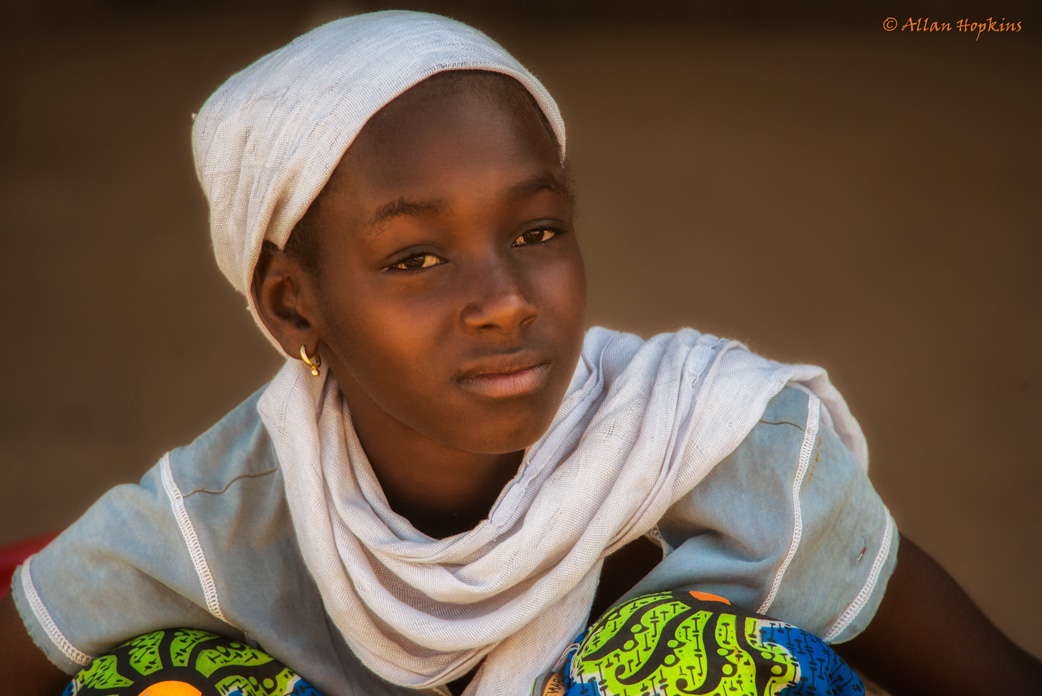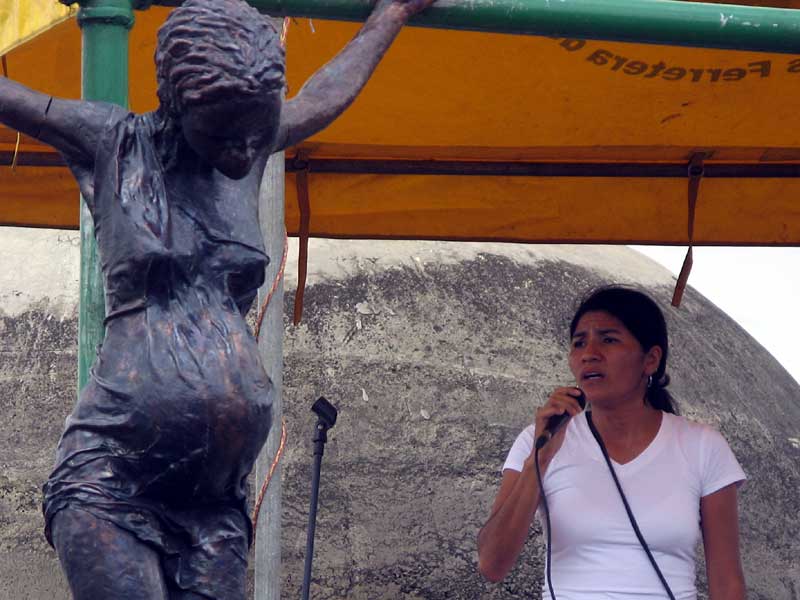Much has changed since the Zika virus was declared a global public health emergency by the World Health Organization earlier this month. The WHO alert came as the infection was linked to more than 4,000 reported cases of microcephaly—a birth defect which causes babies to be born with abnormally small heads and brain damage—in Brazil since October. While scientists work to determine the precise connection between the Zika virus and microcephaly, as well as other mental illness risks according to the latest warnings from health experts, the outbreak has kindled a critical conversation about reproductive health in themore than 25 countries and territories in the Americas where Zika infections have spiked.
Exposing the health care reality for women and girls
Recommendations by government officials in Brazil, Colombia, Ecuador, and El Salvador for women to “avoid getting pregnant” only exposes the stark reality for many women and girls in Latin America, especially in rural areas. Most have minimal access to sexual and reproductive health and rights or education. Across Latin America and the Caribbean, for instance, WHO estimates that 22 percent of women want to delay or prevent pregnancy but do not have access to birth control. There are high levels of misinformation—for instance, most women and girls are not educated about contraception or family planning due to strong conservative rhetoric.
Women’s groups are mobilizing to fill the gap in sex education throughout the region, teaching women and girls about their sexual and reproductive health and rights, and helping them access contraceptives. They also help women to navigate the complex abortion laws and exceptions, as well as find physicians that provide reliable care and honest advice.



